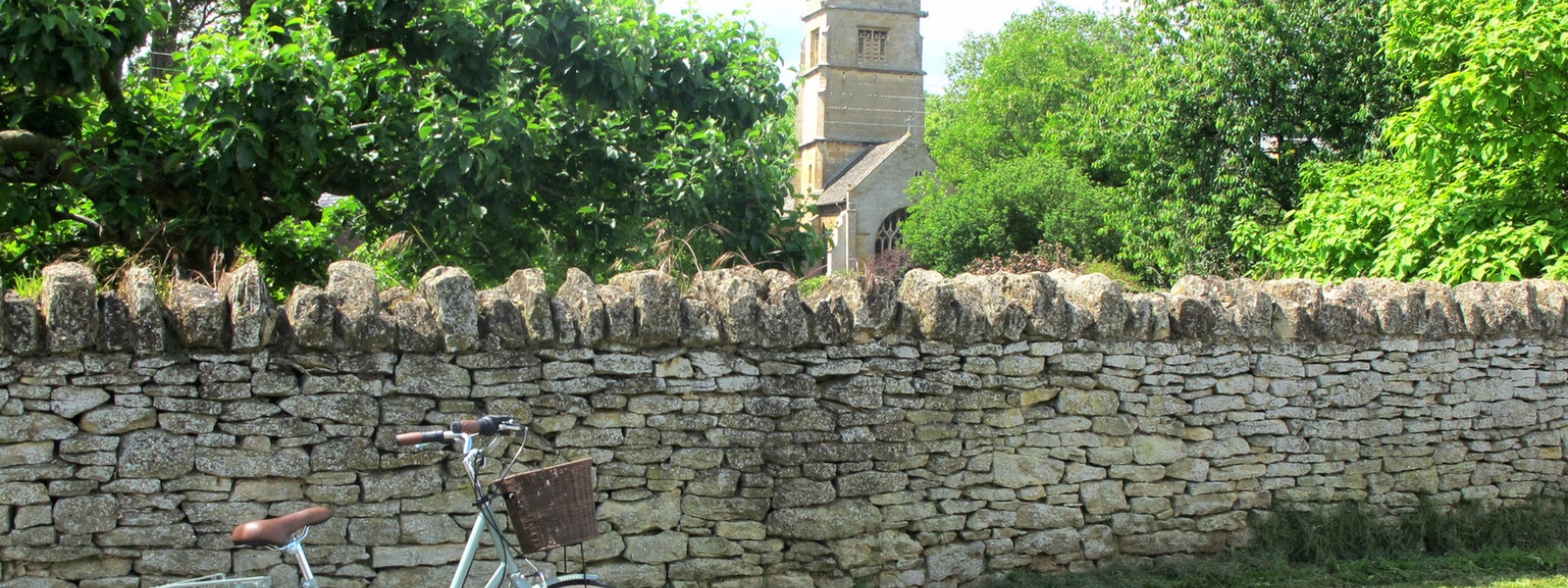Due to the very wet autumn and winter quite a large proportion of the farm did not get planted with autumn cereal crops such as wheat and barley.
Following the principles of Regenerative Agriculture, (move the soil as little as possible, keep a living cover and have long and diverse rotations) we decided the best option was to rest these fields to enable them to recover. There are 16 different species in the mix all aimed at improving the soil condition in different ways.
By covering the soil and not leaving it bare and exposed, we are protecting it by intercepting heavy rainfall events that can cause erosion. The plants shade the soil keeping it cool and they also protect the surface from wind erosion.
Local residents have been submitting some delightful pictures which we are pleased to share with you below.
 Image courtesy of Jen Gardiner
Image courtesy of Jen Gardiner
These crops are capturing carbon and removing it from the atmosphere, turning it into sugars and pushing it out through the roots to the microbiology in the soil. We have legumes, like red, white and crimson clovers and forage peas to store nitrogen from the atmosphere. There are also brassica plants for sheep feed, maize, millet, oats (all to create good soil structure), phacelia and buckwheat to help our pollinators. The most commented upon is the beautiful sunflower, great for pollen production for local bee keepers (https://foragersbees.co.uk/), fun to look at and enjoy but also locking up lots of carbon with its woody stems. All of these crops will be desiccated prior to drilling autumn cereals in September, either by using glyphosate or by being grazed by the sheep.

Image courtesy of Trevor McGill
The nutrients held within the plants will be broken down, either through the sheep’s’ digestion process or by earthworms and released to feed the following crop, reducing the need to use so much artificial fertiliser.
 Image courtesy of Philippa King
Image courtesy of Philippa King
Here’s a clip of Farmer Jake in one of the cover crop fields
As many people have commented on how brilliant these cover crops look, we thought it would be a great opportunity to offer local businesses the chance to sponsor the planting of a field each year, which not only looks delightful, but enhances long term bio-diversity and soil fertility.
 Image courtesy of Trevor McGill
Image courtesy of Trevor McGill

